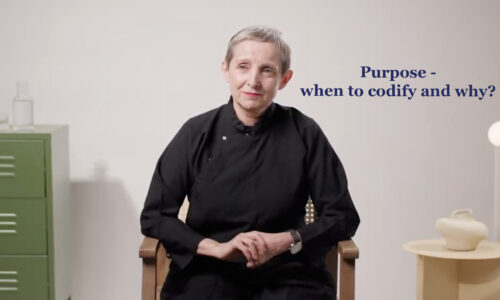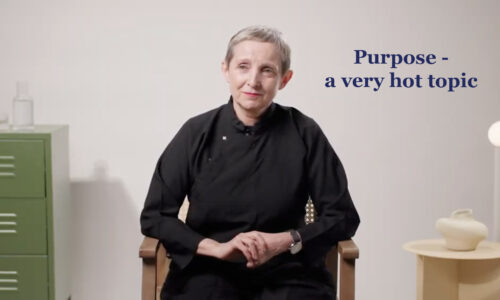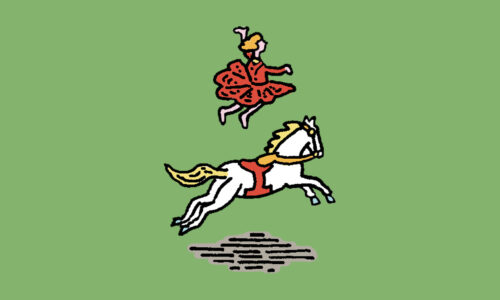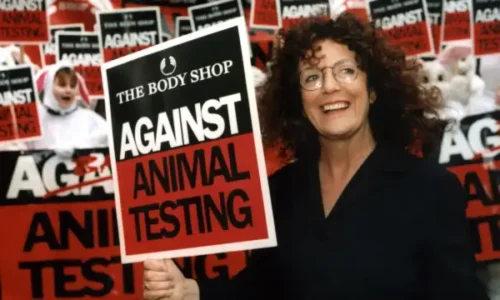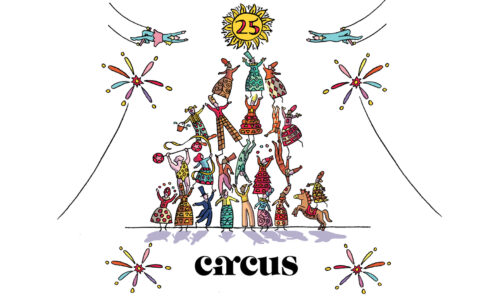“Recession fears fall as economy boosted by film and TV” – how wonderful. In these very nutty times, what can we all do to ensure that we celebrate the ideas and the expertise, as well as the money?
Amanda Nevill, BFI, talked to BBC Radio 4 about the disproportionate abundance of creative talent in the UK and the need to continue to invest and celebrate. As the recent ONS figures demonstrated, with every £1 of public funding, it gives £12 back to the economy.
Sir Ian Mckellen, in his extraordinary one man show, talks to the importance of funded theatre and his enduring gratitude for being part of a company that trained actors, fostered new writing and made real the imagination of a child through scene design and technical magic. From highbrow to lowbrow, he engaged with the audience through humour, tragedy and empathy for the other – the stranger: timely, of course, in the context of Britain today.
Theatre and film are wondrous exemplars of collegiate working – with imagination, empathy and collaboration fundamental to the ability to participate as practitioner and spectator. As the concept of a commercial company is challenged, and the idea of single career for life is long gone, there are learnings here for all of us – whatever our day job.
In Autumn 2019, I attended an excellent Springwise debate – The Future of Education: Is the system fit for purpose? Where Al McConville, Bedales, questioned why we continue to train children to be competent users of intellectual orthodoxies, rather than creating environments that encourage exploration and challenge. The very impressive Liz Robinson, Big Education, talked to the need to broaden beyond the constraints of academic qualification to embrace the whole child – Head, Heart and Hand.
This certainly echoes a long held Circus belief that the current curriculum is too narrow – and whereas the private system allows for arts and sports, as well as academic success, the resource squeeze of the state system does not appear to allow the same freedom. In this, we fully support STEAM not STEM. For us, the role of imagination is as much a lens for comprehension, as a form of expression. This is important to all of us – not just as vocational creative skills. It represents a way of seeing and being in the world which is surely the right of every child. More on this – steamco.org.uk
Old fashioned divides between arts and science were certainly challenged at our own panel debate, Circus – In Conversation with a Dragonfly. Dr. Huai-Ti Lin, Principal Investigator, Lecturer in Neural Engineering & Bio-Robotics, Imperial College, talked about his imagination as a simulator, and how play is fundamental to his soft robotics engineering. Oliver Smart, Artist and Puppeteer, demonstrated how our own imagination will turn a pillow into a chicken and how the dragonfly puppet is as much poetic, as it is scientific.
Why on earth is all this stuff important to Circus and our clients?
Because we believe that business should be a force for good.
Not as philanthropy alone, but as protagonists in society – creating constructive and sustainable goods and services, as well as creating happy cultures. And to achieve this, we need to nurture the capacity to better imagine the future, to collaborate fluently, and to understand more vividly the perspective of another.
To our mind, this must start with education. Perhaps we should all adopt Liz Robinson’s approach – Head, Heart and Hand. It might make for a more imaginative business, and a kinder and more generous public debate.
Written by Dilys Maltby
Image by Huai-Ti Lin


